We all know that too much sugar is bad for us. And hopefully now we're getting the picture that a lot of our sugar intake comes from the beverages we consume. Now traditionally for the calorie conscious, diet and zero calorie drinks have been just shy of liquid miracle - all the taste, none of the sugar. Unfortunately, people may be substituting those sugary calories for something potentially more dangerous.
There is growing concern about the safety of artificial sweeteners and every day we're finding more and more research to support these concerns. Our purpose here however isn't to discuss the dangerous side-effects of each of the artificial sweeteners. I am not a scientist nor a physician so it would be tremendously irresponsible of me to do so. Rather, our hope for this article is that by the time you finish reading it you'll be inspired to do your own research on these chemical sweeteners.
And there we've hit on it: CHEMICAL SWEETENERS. That these sweeteners were created by chemists in laboratories should be enough to give one pause (sucralose was discovered while trying to invent a new insecticide). Where health and nutrition is concerned, one can never replace in providing what our bodies need. Our bodies are not designed to process and break down these artificially created "replacements" and I believe that the host of health issues among the senior population is an indication of the cumulative effects of long term exposure to these chemicals. Certainly the cropping up of a new pharmacy on every street corner is indication of an increasingly unhealthy Baby Boomer Generation who by default has had longer exposure to these and other chemical additives.
But you may be asking, how and why would the FDA approve such products if they were dangerous? A valid question given that it's the organization's purpose to protect us from such dangers. However, I would hardly put my health in the hand of a group that's been responsible for approving products that kill nearly two hundred thousand Americans annually. The annual toll for deaths caused by prescription drugs makes it the number four killer in the United States. (Remember Vioxx? Before Merck voluntarily pulled the drug, it was responsible for an estimated 28,000 deaths. The FDA originally approved Vioxx in 1998). While these statistics can certainly be refuted, one cannot argue that the FDA has on more than one occasion approved a product that later was shown to have very adverse side effects.
When it comes to healthy living, using natural products is always better than using synthetic or artificial products. Switching over to products with artificial sweeteners only replaces one bad thing with another. Sugar is highly addictive because it tastes so good. So, by substituting it with an artificial sweetener, you don't actually address the core issue - the addiction to that sweet taste. Instead, work on controlling your cravings and focus on not always having to indulge your sweet tooth. And for diabetics who can't have any sugar at all, there are natural, safer alternatives like Stevia and Xylitol.
So, though diet and zero calorie drinks may seem a Godsend for those cutting back on sugar, there's definitely more to the story than we might think. To learn more about the artificial sweeteners used in these drinks and healthier alternatives, check out some of the resources below.
- Artificial Sweeteners - Medicine.Net's thorough look at the pros and cons of artificial sweeteners
- The Artificial & Natural Sweeteners Health and Safety Rankings
- Healthy and Natural Sugar Substitutes
- Aspartame - toxicity info on Aspartame
- Sucralose - toxicity info on Sucralose


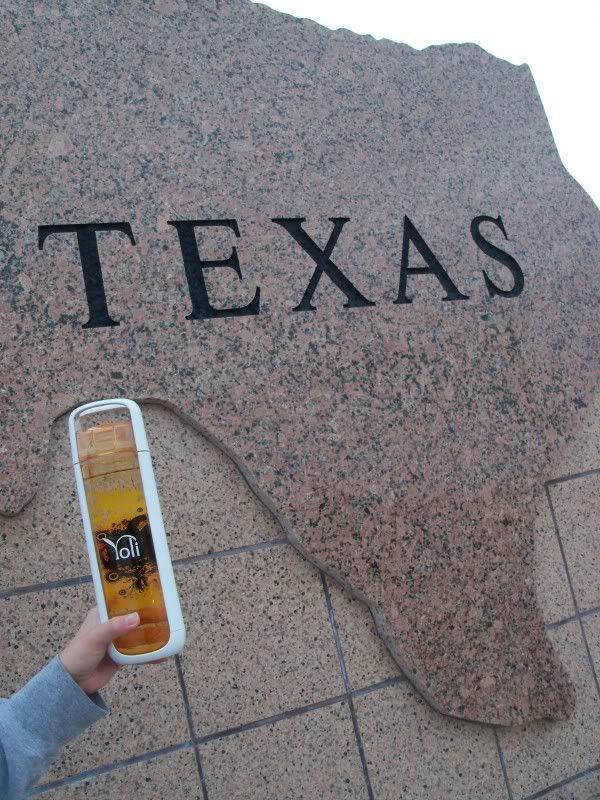
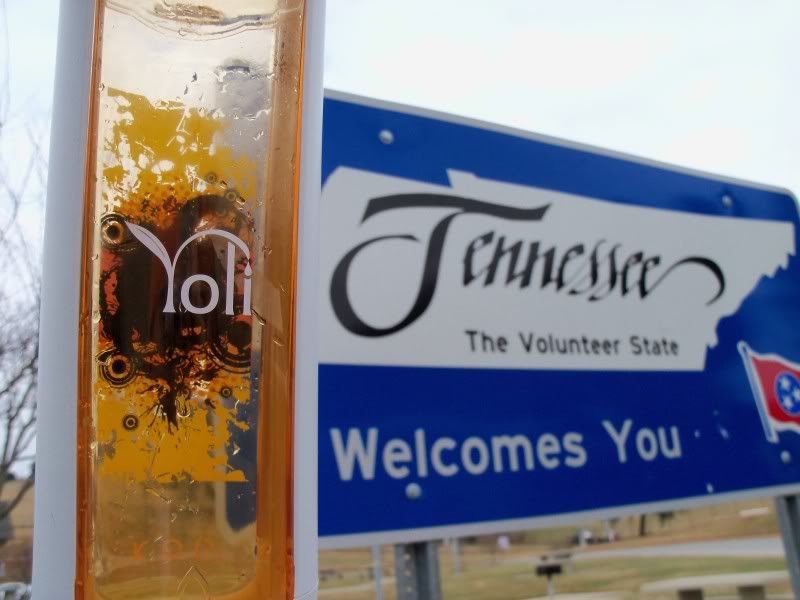
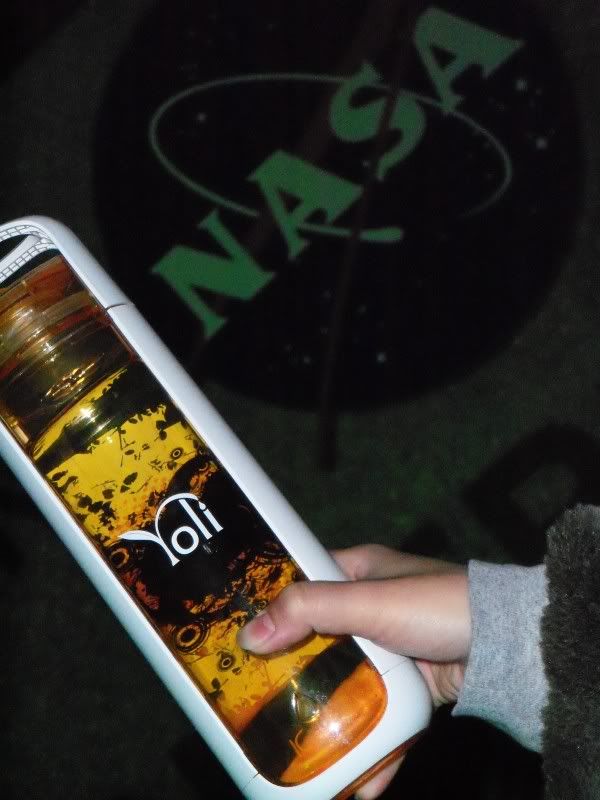
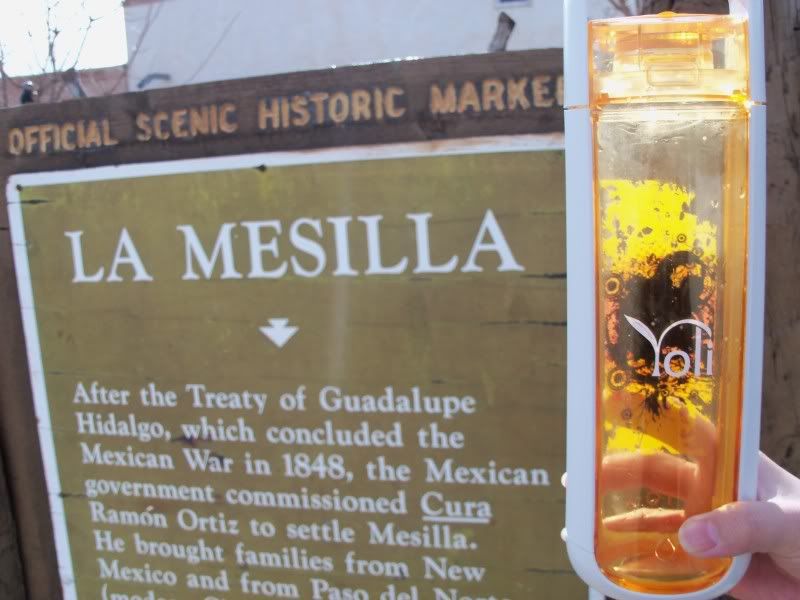
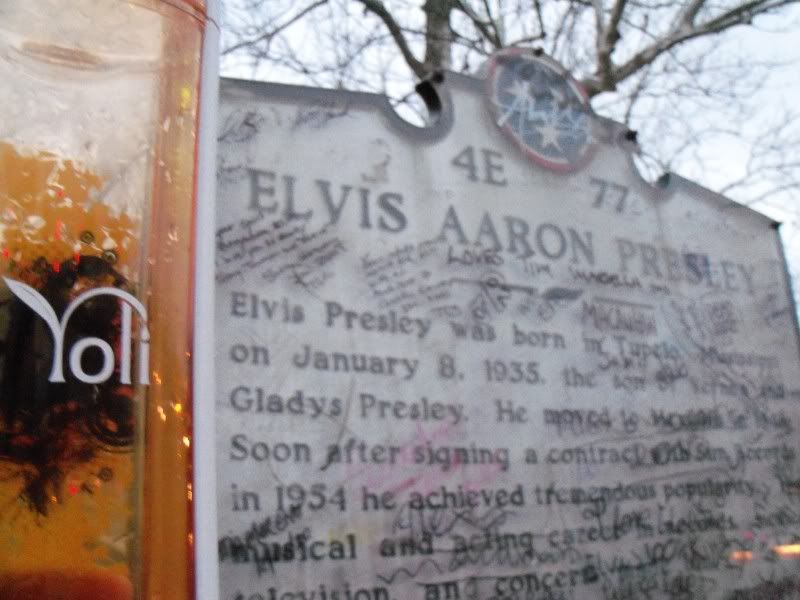
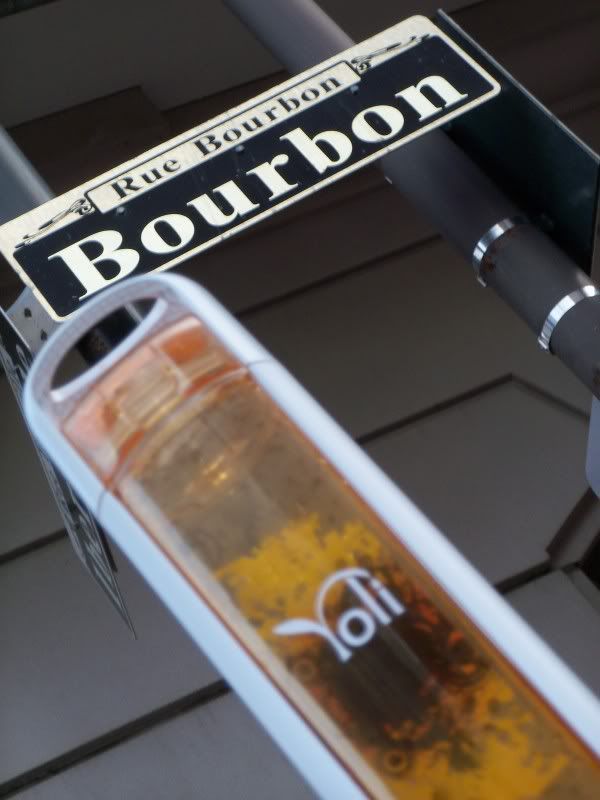
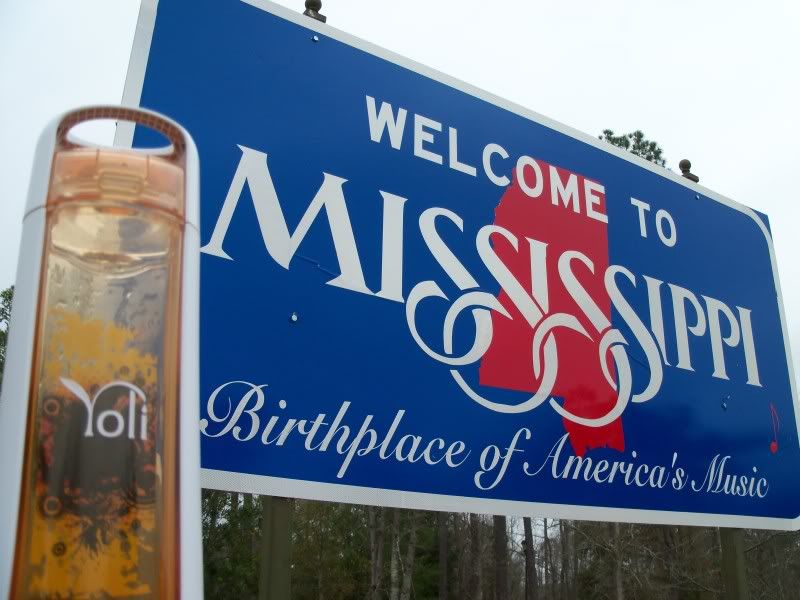







No comments:
Post a Comment